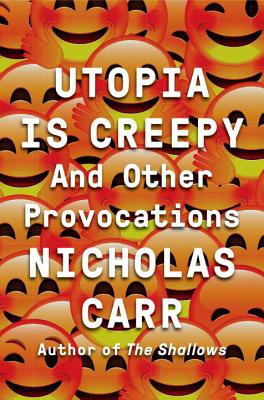| July 3, 2018
Last updated: July 8, 2018
Podcast #419: American Honor — Creating the Nation’s Ideals During the Revolution
What started the American Revolution?
The typical answers are “taxation without representation” and the economic and political consequences that came with that.
My guest today argues that while economic and political principles all played roles in the American Revolution, there’s one big thing underlying all the causes of the Revolutionary War that often gets overlooked: honor.
His name is Craig Bruce Smith, he’s a historian and the author of the new book American Honor: The Creation of the Nation’s Ideals During the Revolutionary Era. Today on the show we talk about what honor looked like in America during the colonial period, how that concept changed, and how this shift precipitated the War of Independence. We then explore how personal affronts to honor experienced by several of the Founding Fathers at the hands of the British transferred into a feeling of being slighted as a people, galvanizing a collective sense of honor in the colonies and inspiring the fight for independence. We then discuss the role honor played in Benedict Arnold’s treason and how his treachery spurred colonial Americans to go on to win the war. We end our conversation discussing why the sons of the Revolutionary Era returned to a more traditional ethos of honor in the form of dueling.
This show will give you fresh insights on the founding of America.
Show Highlights
- What was the concept of honor before the Revolutionary Era?
- What change in that concept did we start seeing before the war?
- Benjamin Franklin’s idea of ascending honor
- How Washington’s concept of honor became more democratized over time
- The relationship between honor and virtue/ethics in this time period
- How the colonists looked to Ancient Rome as an example
- Higher education and the founders
- How did personal slights lead to the Revolution?
- The birth of a collective, national honor
- The “buy local” and “made in America” movement of the 1770s
- Why honor doesn’t depend on victory
- Benedict Arnold, honor, and his role in early America
- The history of dueling in early America, and when it came to an end
- The myths and realities of Andrew Jackson’s dueling resume
